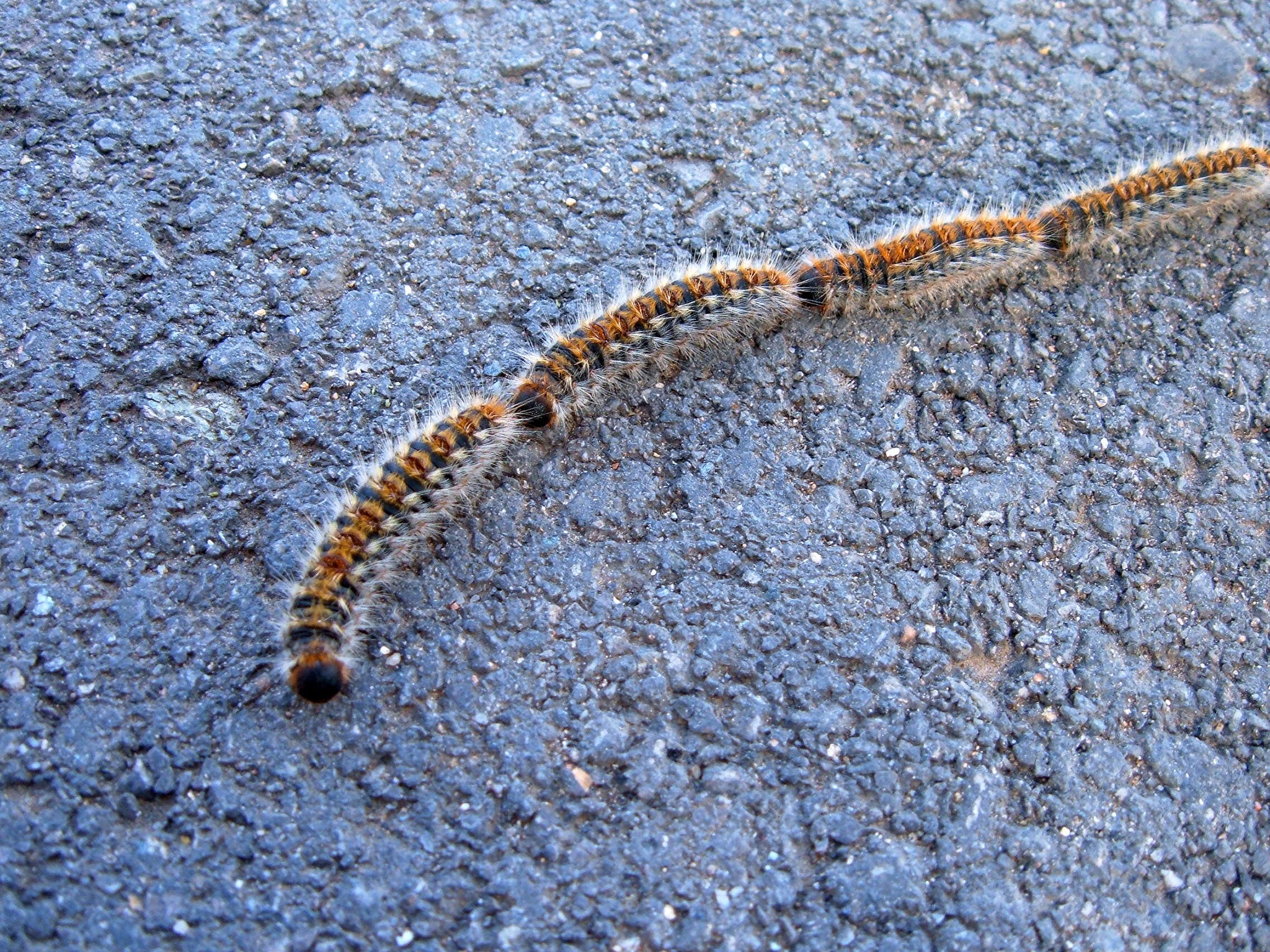Toxic caterpillar on the march in Spain after mild winter leads to explosion in numbers being born early
The pine processionary caterpillar poses a threat to small children and animals, especially if the poisonous proteins it carries are ingested

Your support helps us to tell the story
From reproductive rights to climate change to Big Tech, The Independent is on the ground when the story is developing. Whether it's investigating the financials of Elon Musk's pro-Trump PAC or producing our latest documentary, 'The A Word', which shines a light on the American women fighting for reproductive rights, we know how important it is to parse out the facts from the messaging.
At such a critical moment in US history, we need reporters on the ground. Your donation allows us to keep sending journalists to speak to both sides of the story.
The Independent is trusted by Americans across the entire political spectrum. And unlike many other quality news outlets, we choose not to lock Americans out of our reporting and analysis with paywalls. We believe quality journalism should be available to everyone, paid for by those who can afford it.
Your support makes all the difference.What lurks at the bottom of the garden? Across Spain, there are increasing fears that it could be the toxic pine processionary caterpillar, which is hatching earlier than usual this year because of the unusually mild weather.
Experts have warned that the caterpillar, which carries poisonous proteins in the barbs on its back, could be a particular risk to small children and animals, especially if the proteins are ingested.
The inch-long caterpillar is a common enough sight in Spain, especially in pine forests from which they get their name. The mild winter, following Spain’s hottest-ever recorded summer last year, has led to an explosion in the number being born early.
Contact with the pine processionary caterpillar, or Thaumetopoea pityocampa, causes skin irritations. Pet dogs and cats are at particular risk as they tend to lick the burns on their paws that are caused by contact with the caterpillar.
“After a winter that has been much milder and drier than normal, the population of the processionary caterpillar has flourished and brought forward their arrival,” Milagros Fernández de Lezeta, director of Anecpla, Spain’s pest-control association, told The Local news website.
“They pose a major risk to children, adults and pets causing dermatitis, eye damage and severe allergic reaction.”
Join our commenting forum
Join thought-provoking conversations, follow other Independent readers and see their replies
Comments